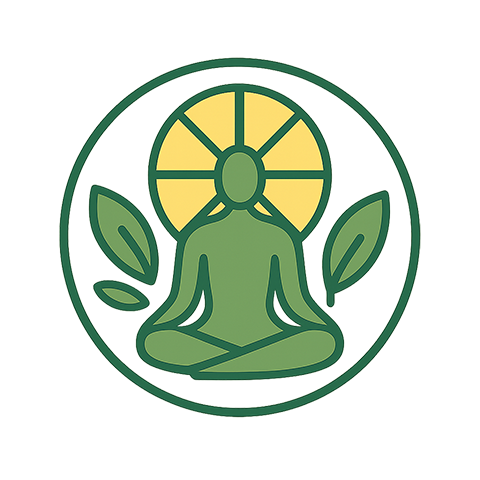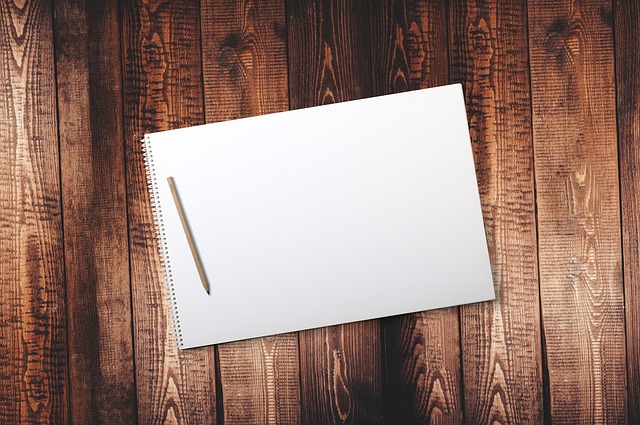In our hyper-connected world, the digital landscape has woven itself into the very fabric of our daily lives. Yet, as we scroll through endless feeds and notifications, we often lose touch with our own humanity. This paradox—where technology intended to bring us closer can simultaneously alienate us—makes the concept of a digital detox not just appealing, but essential for our mental and emotional well-being.
The routine of daily life has transformed into a symphony of blaring notifications, pinging messages, and flashing screens. While technology fosters convenience, it also fosters distraction. We find ourselves spending countless hours in front of screens, often at the expense of our real-world interactions. This disconnection can lead to feelings of anxiety, depression, and overall dissatisfaction. It begs the question: when was the last time we paused, unplugged, and took a moment to breathe?
A digital detox doesn’t mean completely surrendering our gadgets; rather, it invites us to reconsider our relationship with them. Imagine a weekend where you intentionally step away from your devices. Without the need to check your phone for messages or notifications, you create space to reconnect with yourself and those around you. Whether it’s savoring the rustle of leaves during a walk in the park or enjoying a heartfelt conversation over dinner, you will find moments of joy often overshadowed by the digital noise.
Technology, while immensely beneficial, should serve as a tool rather than a master. A digital detox helps us regain control—not just over our devices, but our lives. It is an opportunity to reflect on our priorities, engage with the present, and foster genuine connections. By recognizing the fine line between use and overuse, we can learn to harness technology in a way that enhances our humanity rather than diminishes it.
Moreover, the act of disconnecting from our devices allows us to reconnect with our emotions, thoughts, and creativity. It offers a chance to rediscover hobbies we may have abandoned, such as reading, painting, or simply daydreaming. These activities remind us of who we are beneath the surface-level distractions. They invoke feelings of calm and clarity that can be transformative, giving us new perspectives and insights we may have missed amidst the chaos of notifications.
As we embark on a digital detox, we begin to see the world anew. The colors seem brighter, the air feels fresher, and our relationships become richer and more meaningful. It’s about inviting stillness into our lives, making space for mindfulness, and embracing the beauty in simplicity. By choosing to disconnect, we open ourselves up to genuine interactions and experience life more profoundly.
In a society so deeply entrenched in technology, the importance of rest and recovery cannot be overstated. Embracing a digital detox allows us to strike a healthier balance between our virtual and physical realities. It is a deliberate choice to prioritize our mental health and re-establish the basic human connections that make life truly fulfilling.




